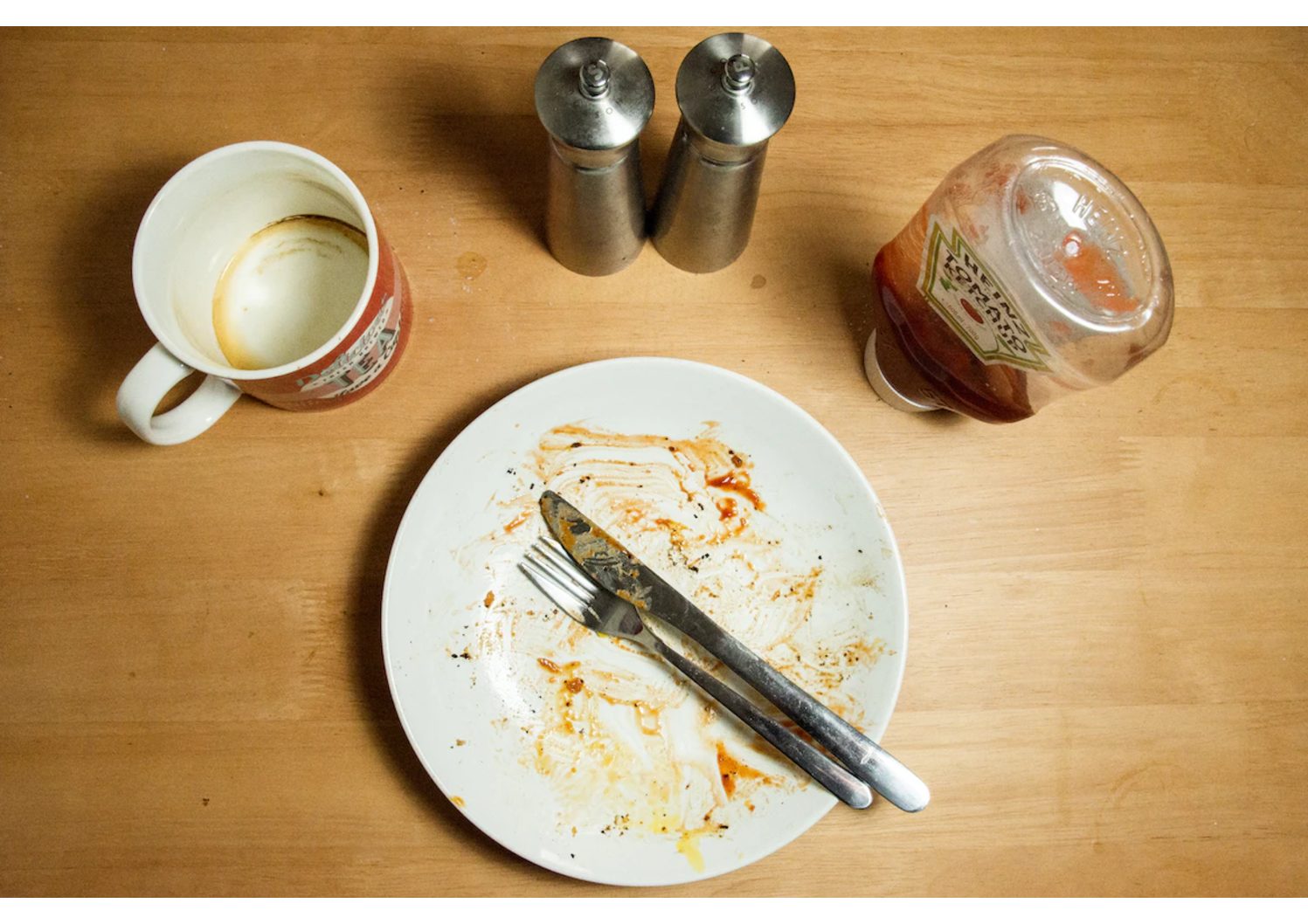Views editor Alisha Vaswani discusses her experience with food guilt.
Content Warning: Mention of disordered eating
September 25 2022 (according to my UberEats order history), I spent most of the night intermittently working through a strange type of shame. It’s one I’ve experienced so often that it’s come to feel commonplace – but I always remind myself that it shouldn’t be.
This latest episode of food-related guilt occurred after a binge, following a period of being relatively careful of what I ate. It sounds odd now when I think about it, but I sat for ages trying to distract myself from the feeling of fullness – something I’d learned to dislike over the last couple of years, and never managed to change my mind about.
I’ve never struggled with an eating disorder, and in general, I don’t consider myself a disordered eater (although I may well have been considered one at some point). I don’t track my calorie count anymore, I don’t try restrictive diets (only to fail miserably soon after), and I don’t chastise myself endlessly for missing a day at the gym, but food guilt isn’t as easy to leave behind.
Being at university makes me infinitely more aware of how this has affected me. It’s lurking in the background in moments out with friends where I instinctually order the lightest thing on the menu. “No, I don’t want to share your fries – thanks, though.” I sometimes also have a laugh that my go-to drink at the pub is literally nicknamed “Skinny Bitch.” I don’t usually drink anything else, even if everyone around me is grabbing a pint instead. I go to a pizza restaurant, and tell myself “I’ll make up for this later.” Most of the time, I don’t introspect enough to question what that even means. Why do I feel like I have to make up for this? You would think it would feel good to let go of the standards I set for myself. From time to time, it does. I like a good McDonald’s every so often, and sometimes I can go without the guilt entirely. When I do, it’s something of an embarrassing little personal victory. I just watched that entire episode of Grey’s Anatomy without thinking once about how many calories were in the burger I just ate. Most of the time, though, letting myself eat what I want doesn’t feel like taking back control. Quite the opposite, it feels like relinquishing it.
So how do you go about dealing with something like this? I’ve considered many ways, but my signature is a stubborn stoicism that I’ve now learned doesn’t change a thing. It doesn’t help to downplay and trivialise your own issues, although It’s painfully easy to do: when it comes to issues of disordered eating, the rest of the world does it for you, regardless. As Dolly Alderton said about her disordered eating in Everything I Know About Love, “I carried on because, at every turn, society was rewarding me for my self-inflicted torture.” I’ve seen lifestyles promoted on Instagram that should be seen as shocking, but we’re so desensitised to it that they aren’t, really. Still, no matter how much you understate the problem, it isn’t going away on its own.
It also doesn’t help to look at food guilt as normal. I’ve found myself thinking that surely everyone must go through this, to some degree. But it isn’t normal under any circumstances to be ashamed of yourself for something as everyday, as fundamentally life-sustaining as eating.
I’m not in the position to give anyone advice on how to work through this kind of guilt, although I’ve got plenty of insight into what not to do. It’s something I still deal with regularly, although considerably less often than before. That being said, I know the difference that simply acknowledging the problem can make. If this is something you can relate to, even in the slightest, don’t write it off. It isn’t normal, it isn’t insignificant, and it does need to change.
In my case, finding someone who had similar experiences helped a lot. It’s something that not a lot of people are willing to discuss, but once you find someone who is, it can change your outlook completely. Speaking openly about this kind of thing can be intimidating, I know. Even more so if you – like me – grew up around a culture where this kind of thing is never discussed openly, despite how prevalent it may be. But being vulnerable also opens you up to the possibility of growth, and whether this is with a friend or a professional, it can make a huge difference to how you view yourself – it has for me.






